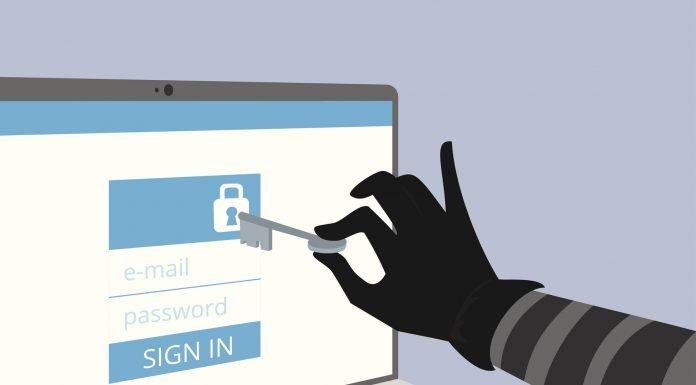Get in Touch
Krebs on Security reported a security weakness that affected millions of USPS customers. The vulnerability in question allowed anyone with an account on USPS.com...
Amazon was hit with a data breach just days before Black Friday and Cyber Monday, the biggest shopping time of the year. The major data breach...
Marriott announced an enormous breach of the company’s reservations database that may have potentially exposed the personally identifiable information of more than 500 million guests.
If...
The data of 114 million businesses and individuals has been discovered in an unprotected database. The information exposed included the full name, employer, email,...
Email accounts of four top officials at the National Republican Congressional Committee (NRCC) were successfully hacked during the 2018 midterm elections.
The NRCC announced...
The Mozilla Foundation has released the second installation of *Privacy Not included, the organization’s annual privacy guide to internet-connected gifts. The list was started...
Hackers stole tens of millions of dollars from Eastern European banks in a campaign called “DarkVishnya.” The method deployed by the hackers relied on...
A New York Times report about the ways smartphone apps track users and sell their location data (on a far greater scale than most...
A bug on Facebook gave app developers unauthorized access to the photos of as many as 6.8 million users.
The bug, which affected Facebook’s...
The cyberattack on the Marriott hotel chain that exposed the information of up to 500 million guests was most likely conducted by Chinese state-affiliated...













